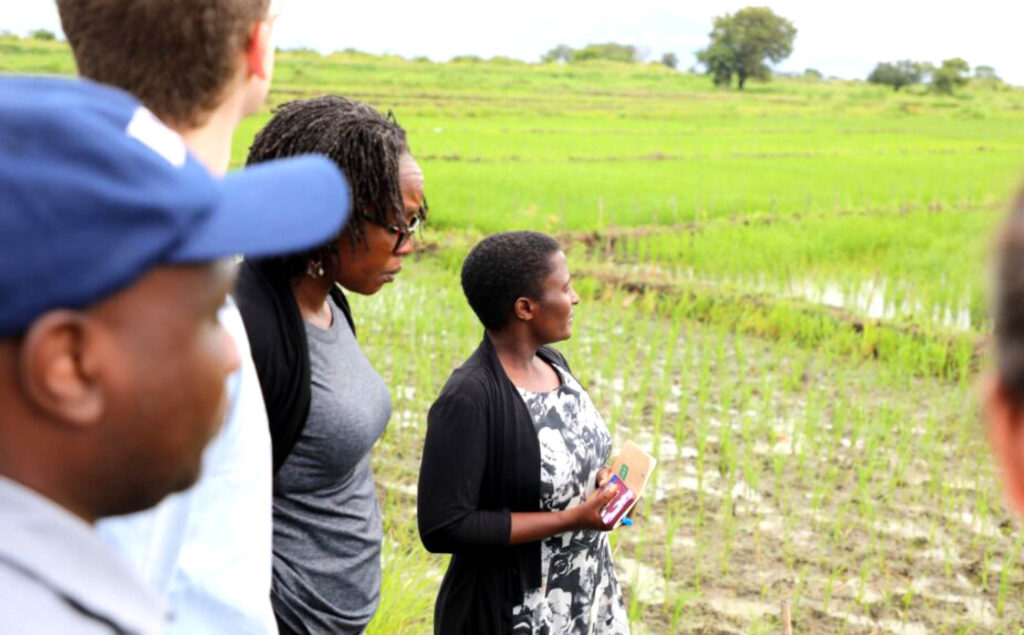Developing climate-smart rice varieties in Tanzania
15-09-24

Tanzania produces over 80% of East Africa’s rice, but this high level of production is under threat because of the more frequent and erratic flooding brought about by climate change. Since 2020, a team of scientists from Tanzania, Kenya and Denmark has been working to develop flood-tolerant rice for African farmers. Read about their latest findings.
As the leading rice producer in East Africa, any decline in Tanzania’s production has a direct impact on regional food security—and such a decline is unfortunately likely. Tanzania is among the countries most affected by climate change, facing increasing risks from severe fresh and saline floods. With over 70% of its rice being rainfed, the crop is highly vulnerable to flooding, which has already caused significant losses for farmers.
In response, scientists from Tanzania, Kenya and Denmark are working together through the Danida-funded Climate-Smart African Rice project to develop climate-resilient rice varieties. They regularly update their website with blogs detailing their progress and findings.
Here are the two latest blogs
Building a climate-smarter Tanzania
Read about how the researchers are developing flood- and salt-tolerant rice varieties and climate-smart practices to boost Tanzania’s rice production and food security amid climate change.
Climate-smart mapping can help Tanzanian rice farmers in flood-prone areas mitigate crop losses
Read about how the researchers are using remote sensing technology to map flood-prone areas in Tanzania’s Kilombero and Lower-Rufiji sub-basins, where rice farming is vital but threatened by frequent flooding.
About the Climate Smart African Rice research project
The partners of the research project Climate-smart African Rice are Sokoine University of Agriculture in Morogoro, Tanzania, Tanzanian Agricultural Seed Agency in Morogoro, Tanzania, International Rice Research Institute and Department of Biology, University of Copenhagen, Denmark.
Go back to our stories


